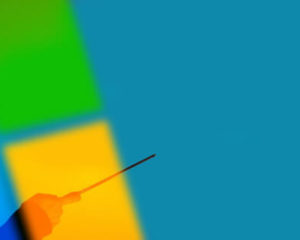textlint is a pluggable linting tool for text and Markdown.
Read more
The Linux Portal Site

textlint is a pluggable linting tool for text and Markdown.
Read more
EuroLinux is an operating system developed from the Red Hat Enterprise Linux source code.
Read more
proselint is a linter for English prose .A linter is computer software that, akin to a spell checker, scans through a file and detects issues.
Read more
Narrator is a screen reader that’s included with every copy of Microsoft Windows. We recommend the best free and open source alternatives.
Read more
Retrotube is a web application that enables you to control your music library with a retro user interface.
Read more
Catapult is an app launcher for Linux. The software allows you to easily launch apps, open files and do basic calculations.
Read more
LXLE is based on Lubuntu which is an Ubuntu operating system using the LXDE desktop environment.
Read more
Vale is open source software which enforces editorial style guidelines in documents. This syntax-aware linter for prose is built with speed and extensibility in mind.
Read more
RebornOS is billed as a modern Arch based distribution with an advanced installer.
Read more
Linux represents an excellent platform for editing video. We recommend the best free and open source video editors.
Read more